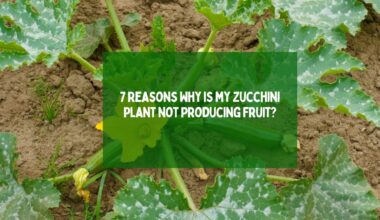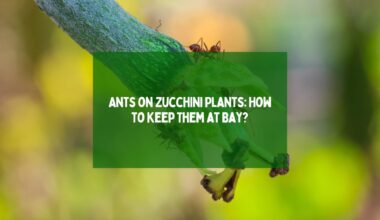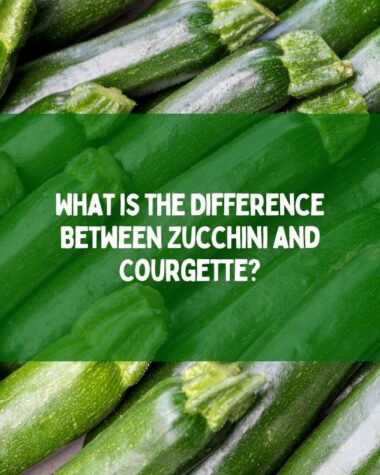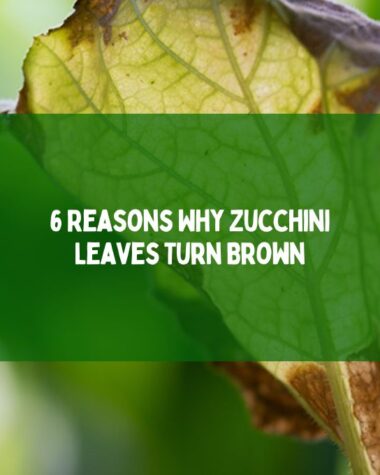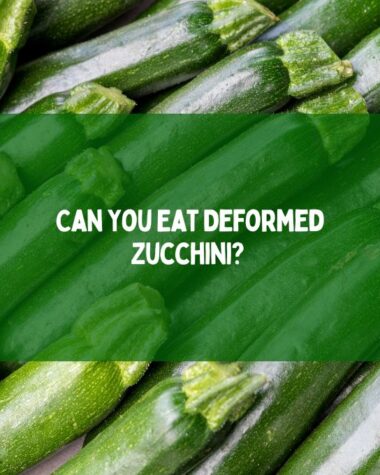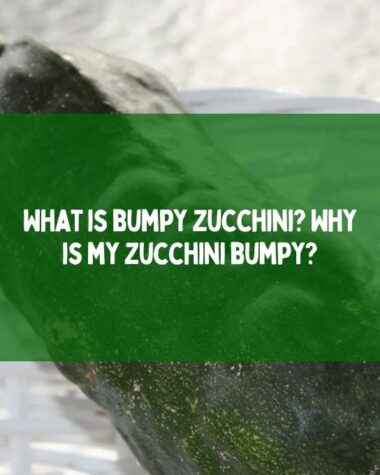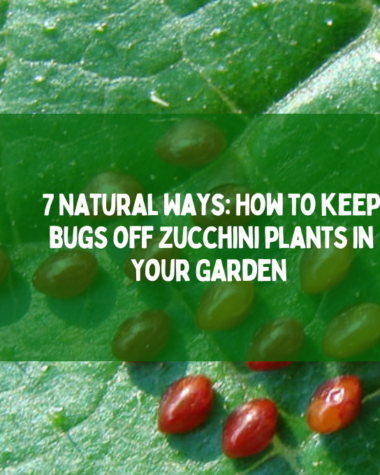If you’re looking to grow zucchini in your garden, you might be wondering what other plants you can grow alongside it to get the best results. That’s where companion planting comes in!
By planting certain plants together, you can create a healthier and more bountiful garden. In this article, I’ll be sharing my companion planting guide for the best plants to grow with zucchini.
We’ll go over the benefits of companion planting, how it works, and which plants are the best companions for zucchini. Whether you’re a seasoned gardener or just starting out, this guide will help you create a thriving garden full of delicious zucchini and other veggies!
Understanding Companion Planting With Zucchini
Companion planting with zucchini involves growing compatible plants alongside your summer squash to improve overall plant health, increase yield, and repel pests naturally.
Benefits Of Companion Planting
Companion planting offers numerous advantages for your zucchini and vegetable garden. Growing specific plants together can enhance soil health, encourage plant growth, and help deter pests naturally.
For example, beans fix nitrogen in the soil which provides essential nutrients for zucchini to thrive.
Not only do these strategic plant pairings improve the overall health of your garden ecosystem, but they also optimize space utilization by enabling different crops to grow harmoniously.
One well-known companion planting trio is the “Three Sisters” method, which combines corn, beans, and squash (including zucchini) to support each other’s growth.
Corn stalks provide a natural trellis for climbing beans while beans fix nitrogen in the soil for both corn and squash; meanwhile the large leaves of squash shade out weeds beneath them all.
Top 10 Best Plants To Grow With Zucchini For Healthy And Bountiful Harvest
Some of the best plants to grow with zucchini for a healthy and bountiful harvest are tomatoes, beans, nasturtiums, marigolds, radishes, cucumbers, peas, basil, dill, and cilantro.
Tomatoes
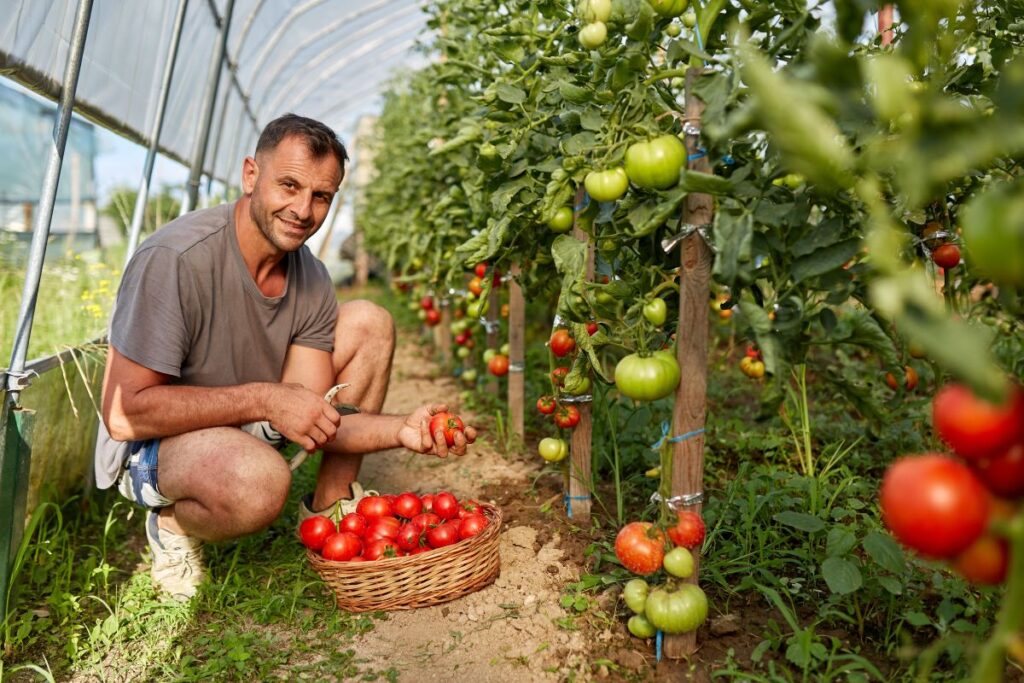
Tomatoes are a great companion plant for zucchini, as they can improve the flavor and health of both plants. Here are some reasons why:
- Natural pest control: Tomatoes repel pests like aphids, whiteflies, and hornworms, which can damage zucchini plants.
- Nutrient balance: Zucchini and tomatoes have different nutrient needs, so they won’t compete with each other for resources in the soil.
- Soil improvement: Tomatoes are heavy feeders that deplete the soil of nutrients, but zucchini is good at absorbing excess nitrogen from the soil. Together, these plants can create a balanced soil environment.
- Increased yield: Planting tomatoes near zucchini can increase the yield of both crops by attracting more pollinators to the garden.
- Crop rotation benefits: Tomato and zucchini belong to different plant families, so planting them together can help prevent soil-borne diseases from affecting either plant.
Overall, planting tomatoes alongside your zucchini can help create a healthy and bountiful garden harvest. Just make sure to give them enough space to grow properly!
Beans
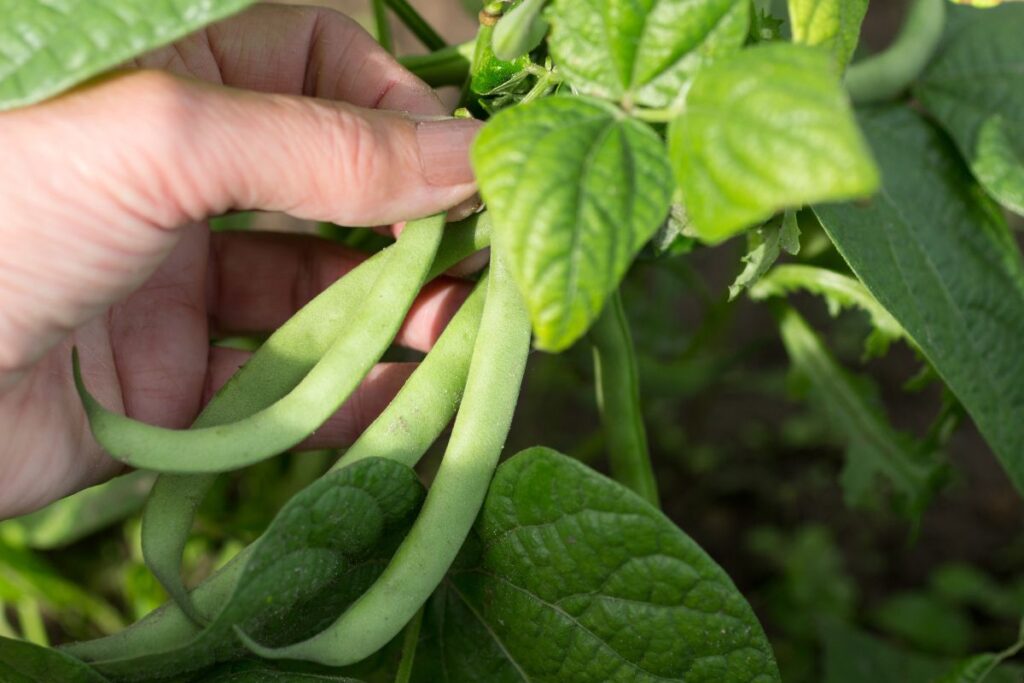
Beans are one of the best plants to grow with zucchini, thanks to their nitrogen-fixing abilities. As legumes, beans can enrich the soil by converting atmospheric nitrogen into a form that other plants can use.
This helps promote healthy plant growth and increases yield for both zucchinis and beans. Additionally, growing them together can help reduce pest problems like squash bugs and bean beetles since they tend to prey on one type of plant at a time.
Related Reading:
- When to Transplant Zucchini Seedlings? Let’s find out
- How to Find, Prevent, and Treat Zucchini Plant Problems?
- What is Zucchini Summer Squash and How to Plant Zucchini from Seeds?
Nasturtiums
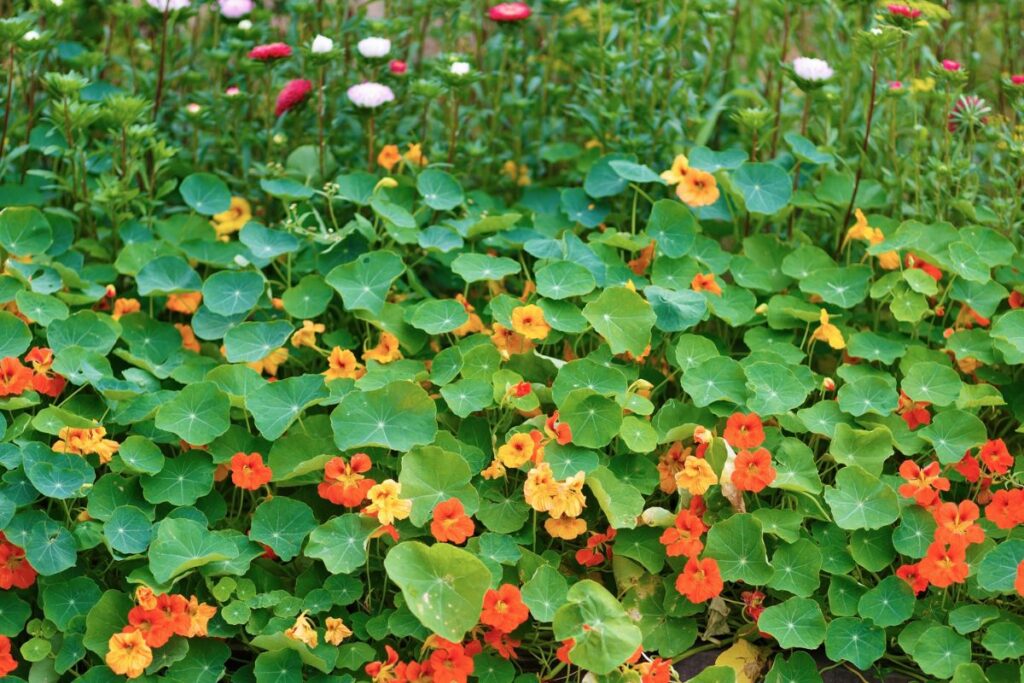
Nasturtiums are a beautiful addition to any garden, and they also happen to make great companion plants for zucchini. Here are some benefits of planting nasturtiums alongside your zucchini:
- Pest Control: Nasturtiums can help repel pests like aphids, squash bugs, and cucumber beetles, protecting your zucchini from damage.
- Attract Pollinators: Nasturtiums produce bright and attractive flowers that can help attract bees and other pollinators to the garden.
- Deter Harmful Insects: Nasturtiums release a strong fragrance that can help deter harmful insects from attacking your zucchini plants.
- Improve Soil Health: Nasturtium leaves break down quickly and release nutrients into the soil, helping to improve overall soil health.
- Edible Flowers: Nasturtium flowers are not only beautiful, but they’re also edible! They add a peppery flavor to salads and other dishes, making them a fun and tasty addition to your garden.
By planting nasturtiums alongside your zucchini, you can help improve the health and yield of both plants while adding beauty and flavor to your garden.
Marigolds
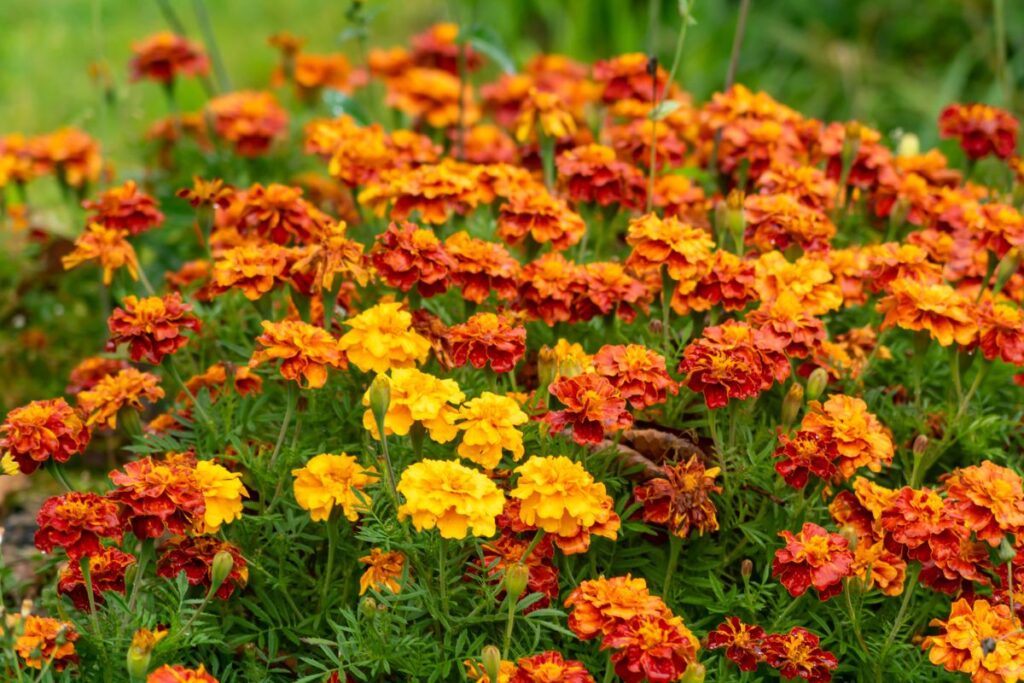
Marigolds are one of the most popular companion plants for zucchini, as they can help deter pests and attract beneficial insects to the garden. These brightly colored flowers emit a scent that repels many common garden pests, including nematodes and aphids.
In addition, marigolds attract pollinators like bees and butterflies, which are vital for ensuring healthy fruit production on zucchini plants. To reap these benefits, plant marigolds around the edges of your zucchini bed or interspersed throughout the planting area.
Radishes
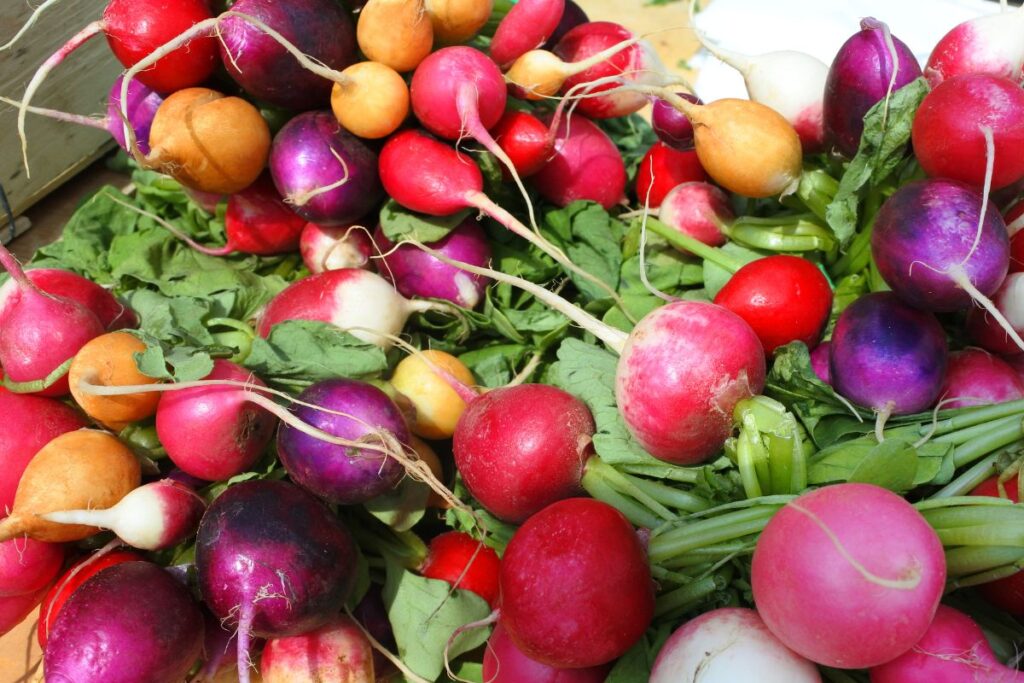
If you want to keep pests like cucumber beetles and squashed bugs away from your zucchini, planting radishes alongside them can be an effective natural pest control method. Here are some benefits of growing radishes as companion plants for zucchini:
Radishes have a strong smell that repels pests.
- They can help to aerate the soil, which improves drainage and nutrient uptake for both plants.
- Radishes mature quickly and can be harvested before they start to compete with zucchini for resources.
- Growing radishes alongside zucchini can also help to break up any monoculture and discourage the build-up of pests and diseases.
So if you’re looking for an easy way to keep your zucchini healthy and pest-free, consider adding some radish plants to your garden!
Cucumbers
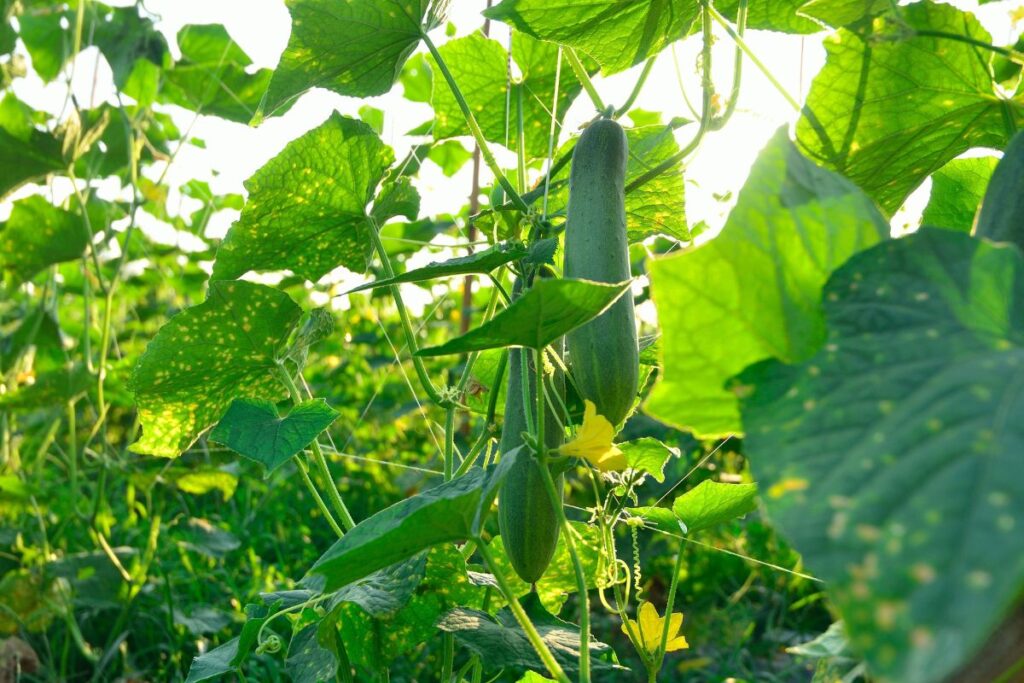
Cucumbers are great companion plants for zucchini as they both have similar growing requirements and help repel pests like squash bugs, cucumber beetles, and spider mites.
Planting cucumbers with zucchini can also improve soil health by providing extra shade and retaining moisture. However, it’s important to note that cucumber plants should not be grown with other members of the cucurbit family, such as melons or other types of squash, to prevent cross-pollination and potentially undesirable offspring.
Peas
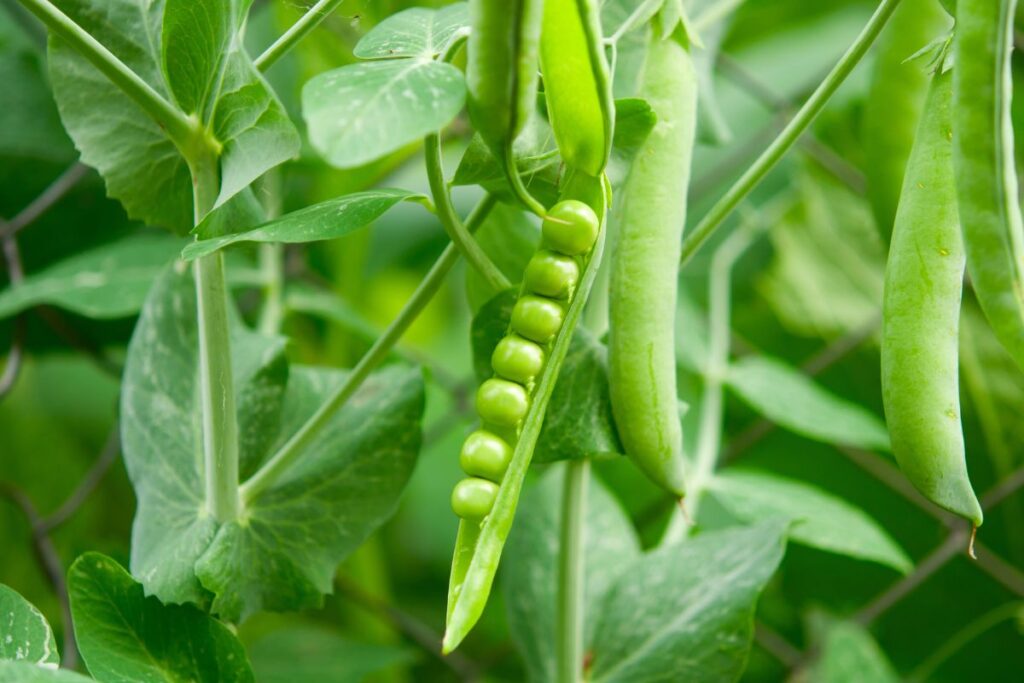
Peas are an excellent companion plant for zucchini as they provide the necessary nitrogen that zucchini requires to grow. Here’s how planting peas along with zucchini can help you achieve a healthy and bountiful harvest:
- Nitrogen Fixation: Peas are legumes, which means they have the ability to fix nitrogen in the soil. This process helps increase soil fertility and provides the necessary nutrients that zucchini needs for growth.
- Pest Control: Peas attract beneficial insects like ladybugs and lacewings that help control garden pests such as aphids, thrips, and spider mites. The presence of these beneficial insects can also help pollinate your zucchini plants.
- Shade: Zucchini plants need some shade during the hot summer months to avoid sunscald on the fruits. By interplanting zucchini and peas, peas can provide adequate shade to protect against sunburns.
- Crop Rotation: Planting peas after harvesting your zucchini crop helps improve soil health by adding organic matter back into the soil and preventing soil-borne diseases from taking hold.
- Companion Planting: Growing different plants together can create a mutually beneficial growing environment where each plant supports one other’s growth while reducing competition for resources like water, sunlight, and nutrients.
By incorporating peas into your zucchini garden, you’ll not only get a healthy yield but also improve soil health and naturally reduce pests
Related Reading:
- Growing Eggplant And Cucumbers Together Companion Planting
- Cucumber Companion Planting: What To Grow With Cucumbers And What To Not Grow
- What do you understand by companion planting? Some best tomato companions plants
Basil
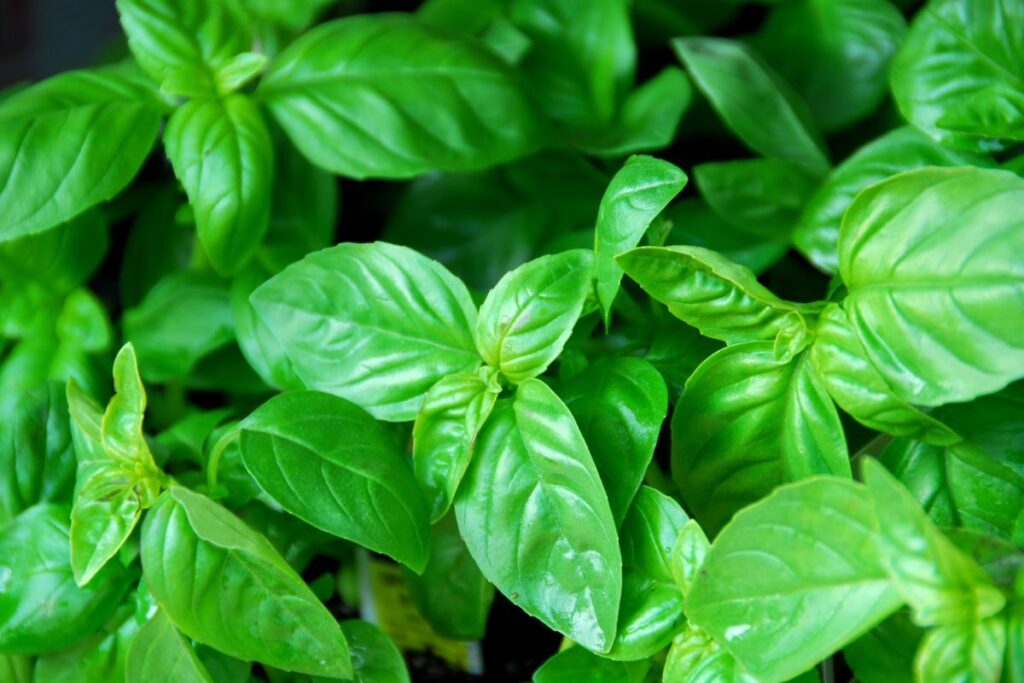
Basil is a great companion plant for zucchini in your vegetable garden. Not only does it provide delicious leaves for cooking, but it also repels pests like aphids and mosquitoes.
In addition, basil can improve the flavor of zucchini when planted together due to its complementary flavors. Plant the basil around the perimeter of your zucchini plants to help deter pests from getting too close to your vegetables.
Remember to pinch off any flower buds that may form on the basil plant so that it continues producing aromatic leaves throughout the growing season.
Dill
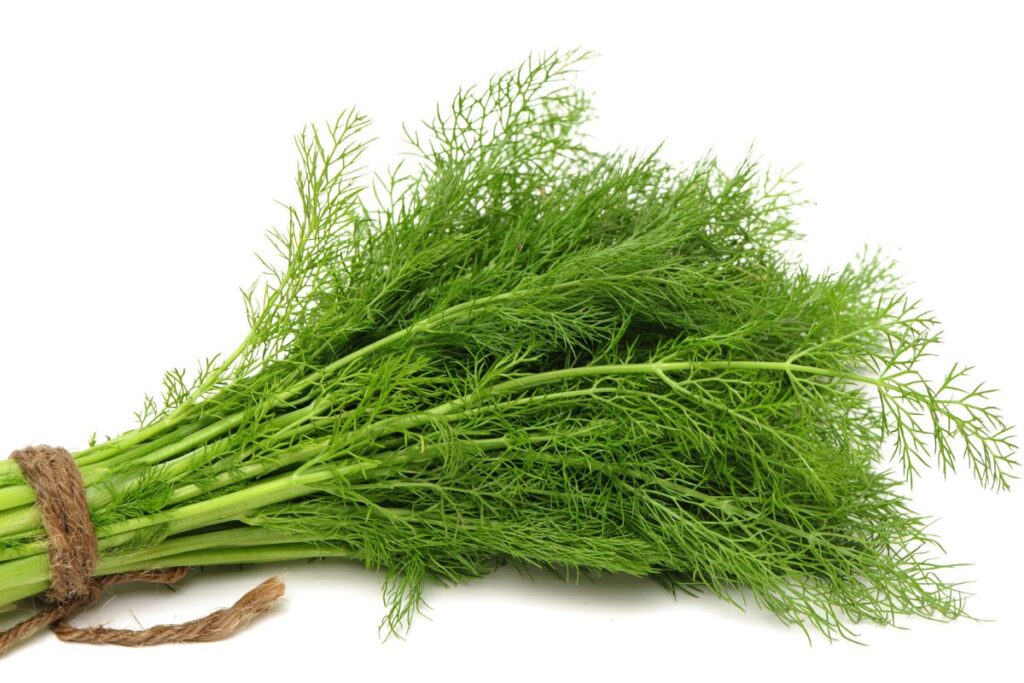
Dill is an aromatic herb that makes an excellent companion plant for zucchini. Here are some reasons why:
- Dill attracts beneficial insects to the garden, such as ladybugs and lacewings, which can help control pests like aphids and caterpillars.
- The scent of dill can also help repel unwanted insects like spider mites and squash bugs.
- Dill is a great source of nutrients for zucchini, as it contains minerals like calcium and iron that can improve the overall health of the plant.
- When grown together, dill and zucchini can mutually benefit each other by sharing nutrients in the soil.
- Dill is easy to grow and requires minimal maintenance, making it a great addition to any garden.
By planting dill with your zucchini, you can create a natural and effective pest control system while also improving the health and yield of your crop. Remember to space out your plants properly and rotate them regularly to ensure optimal growth conditions for both plants.
Cilantro
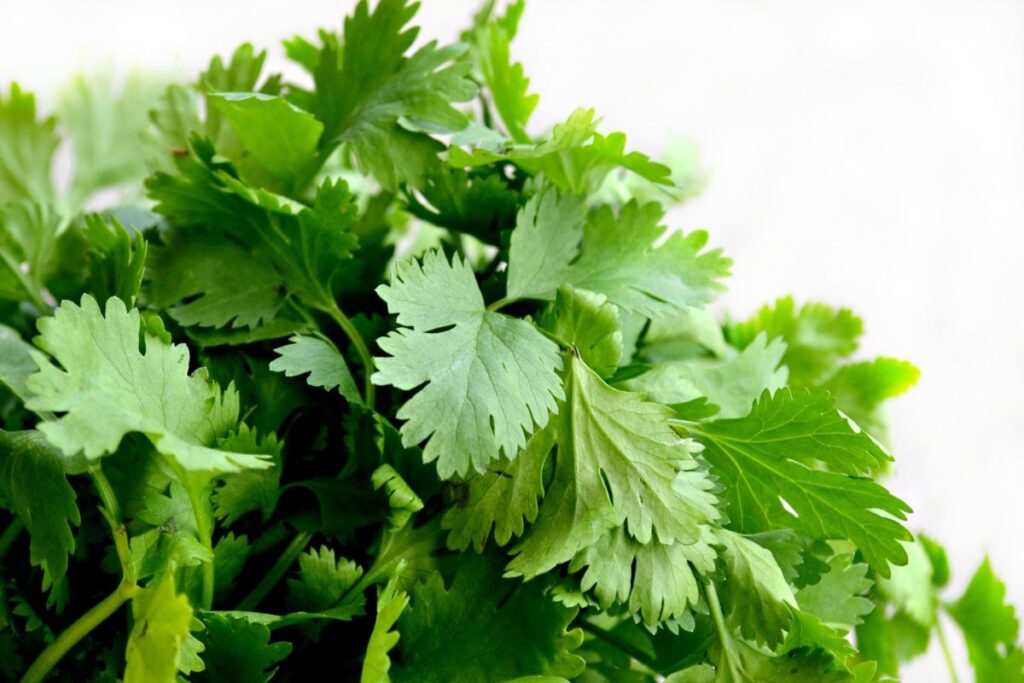
Cilantro, also known as coriander, is an excellent companion plant for zucchini. This fragrant herb repels harmful insects like aphids and spider mites while attracting beneficial ones such as hoverflies and ladybugs that feed on pests.
Cilantro is also rich in nutrients like calcium, potassium, and iron which can help improve soil health when planted alongside zucchini. Additionally, cilantro’s ability to attract pollinators can help increase the yield of the zucchini crop.
Companion Planting Tips For Zucchini Success
To ensure the success of your zucchini plants, it is important to properly space and place companion plants, rotate crops, prepare the soil, and control pests using a natural companion planting method.
Proper Spacing And Plant Placement
Proper spacing and plant placement are important factors to consider when companion planting with zucchini. By following these tips, you can ensure that your zucchini plants have enough room to grow and thrive alongside their companion plants:
- Give each zucchini plant plenty of space to grow. Zucchini plants can take up a lot of room in the garden, so make sure to give them at least 2-3 feet of space between each plant.
- When planting companion plants with zucchini, make sure to leave enough space between the different varieties. This will prevent overcrowding and allow each plant to get the nutrients it needs to grow.
- Consider planting taller companion plants like sunflowers or corn on the north side of your garden beds. This will provide shade for your zucchini plants during hot summer days.
- Plant low-growing companion plants like radishes or lettuce in between your zucchini rows. This will help keep weeds at bay and make efficient use of space in your garden.
- If you are growing zucchini in containers, choose companions that have similar growing requirements and root depths. For example, tomatoes, peppers, and cucumbers all do well in containers with zucchini.
By following these proper spacing and plant placement tips for companion planting with zucchini, you can set yourself up for a successful and bountiful harvest!
Crop Rotation Techniques
To ensure healthy and bountiful zucchini harvests, crop rotation is a crucial technique for gardeners. Here are some tips on how to rotate your crops effectively:
- Avoid planting zucchini in the same spot every year, as this can lead to depleted soil nutrients and an increased risk of pests and diseases.
- Rotate zucchini with other crops with different nutrient requirements, such as beans or tomatoes.
- Plant cover crops like clover or rye in between zucchini rotations to help restore soil health and prevent erosion.
- Plan your crop rotations in advance and keep a record of what was planted where each year to help with future planning.
- Consider using raised beds or container gardening to make crop rotation easier and more effective.
By implementing these simple crop rotation techniques, you can improve the quality of your soil while also reducing the risk of pests and diseases in your zucchini plants.
Soil Preparation For Companion Planting
Before planting your zucchini and companion plants, it’s important to prepare the soil properly. Start by removing any rocks or debris from the planting area, then loosen the soil with a garden fork or tiller.
It’s also essential to check the pH level of your soil before planting. Zucchini thrives in slightly acidic soil with a pH between 6 and 7, so if your soil is too alkaline, add some sulfur to lower the pH.
By preparing your soil properly for companion planting with zucchini, you’ll create an ideal environment for healthy plant growth and bountiful harvests.
Pest Control Using Companion Planting
Companion planting can be an effective and natural way to control pests in your zucchini garden. For example, radishes planted alongside zucchini can repel cucumber beetles and squash bugs, while marigolds can deter aphids and other harmful insects.
Additionally, planting herbs like basil or dill next to zucchini attracts beneficial insects like ladybugs and lacewings that prey on harmful pests.
Plants To Avoid Growing With Zucchini
When it comes to companion planting with zucchini, there are some plants that should be avoided. Here are a few plants to steer clear of when planting zucchini:
- Potatoes: Zucchini and potatoes have different nutrient needs and may compete for resources in the soil.
- Fennel: While fennel can attract beneficial insects and improve the flavor of neighboring plants, it may inhibit the growth of nearby zucchini.
- Melons: Avoid planting zucchini near other types of squash, cucumbers, or melons as they may cross-pollinate and produce undesirable offspring.
By avoiding these plants and selecting appropriate companion plants for your zucchini, you can ensure a healthy and bountiful harvest.
Related Reading:
- What is bumpy zucchini? Why is my zucchini bumpy?
- How To Keep Bugs Off Pumpkin Plants?
- 17 Plants You Can Grow With Carrots As Companions
Summary Of Best Companion Plants For Zucchini And Companion Planting Tips
In conclusion, companion planting with zucchini can be a game-changer for your garden. By understanding the benefits of this technique and knowing which plants to grow alongside your zucchini, you can experience an abundant harvest that is both healthy and delicious.
From tomatoes and beans to nasturtiums and marigolds, there are plenty of great companion plants to choose from. Remember to pay attention to proper spacing, plant placement, crop rotation techniques, and soil preparation for optimal results.
